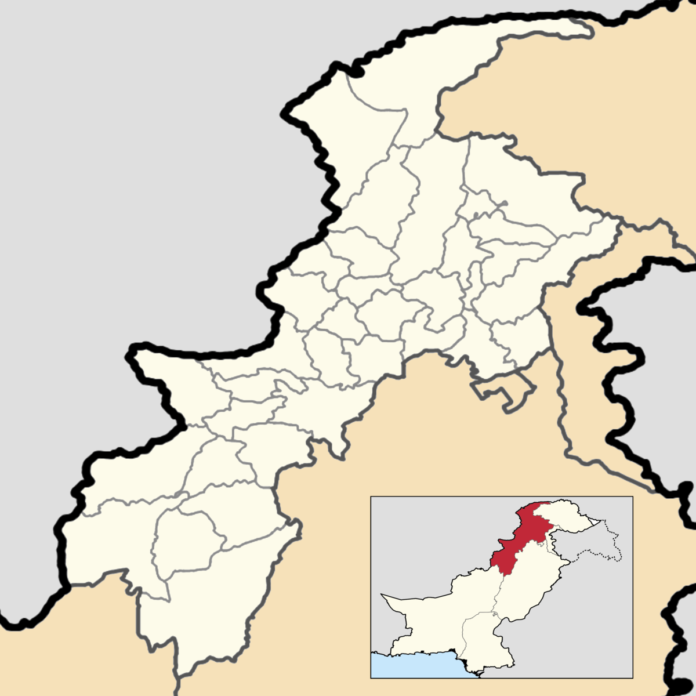On July 30th, a devastating incident shook Pakistan’s northwestern Khyber Pakhtunkhwa province. A suicide bomber targeted a political rally held by the conservative JUI-F (Jamiat Ulema Islam-Fazl) party in Bajaur, the former tribal area, resulting in the loss of at least 42 lives and leaving over 130 people being injured. This appalling act of violence has left the nation in mourning and raised concerns about security and political stability in the region.
The explosion occurred during a JUI-F worker’s convention in the Khar town of Bajaur, where hundreds had gathered to support the hardline cleric and political leader, Maulana Fazlur Rehman. As the event was at the outskirts of Khar, the capital of the Bajaur district, chaos ensued after the bomb went off, resulting in many casualties, including children. The immediate aftermath witnessed devastation and panic as rescue officials rushed to provide aid to the injured and transport them to nearby hospitals.
Various sources, including Nazir Khan district police officer and the first-responder service, Rescue 1122, have confirmed the death toll and number of injured. Among the critically injured, many were flown to hospitals in the provincial capital Peshawar by military helicopters, reflecting the severity of the attack.
In the wake of the tragedy, both national and international leaders expressed their condolences and condemned the violence. Prime Minister Shehbaz Sharif, whose coalition government includes the JUI-F, denounced the blast as an attack on Pakistan’s democratic process. He promised to bring those who were responsible to justice, conveying that terrorism would not be tolerated in the nation.
This recent explosion underscores the resurgence of attacks by Islamist militants in Pakistan. Since the ceasefire breakdown between the Tehreek-e-Taliban Pakistan (TTP) and the government, the country has witnessed increased violent incidents. Although the TTP and its affiliates have been behind most of the recent attacks, the group distanced itself from this particular bombing. The TTP’s pledge of allegiance to the Taliban in Afghanistan, although not a direct part of the group, raises concerns about cross-border terrorism and the presence of TTP sanctuaries in Afghanistan, which the Afghan Taliban government denies.
Bajaur, a region previously known as a haven for Islamic militants, has experienced significant military operations that led to the eviction of the TTP from the area. Nevertheless, local chapters of the Islamic State have continued to carry out attacks, contributing to the volatile security situation.
The JUI-F party, a significant ally of the ruling coalition, finds itself at the epicenter of this tragic event. The attack targeted their workers’ convention, demonstrating the vulnerability of political gatherings to terrorist threats. The incident might have implications for the upcoming national elections, scheduled to be held by November, and could impact political dynamics in the region.
The explosion that killed over 40 people in Pakistan’s Bajaur district was a heart-wrenching tragedy that highlights the increasing threat of terrorism in the region. As the nation mourns the loss of 42 innocent lives, there is a resolute determination to bring the perpetrators to justice and tackle the menace of terrorism head-on.
Image is licensed under the Creative Commons Attribution-Share Alike 4.0 International license and was created by Abdullah Ali Abbasi.










